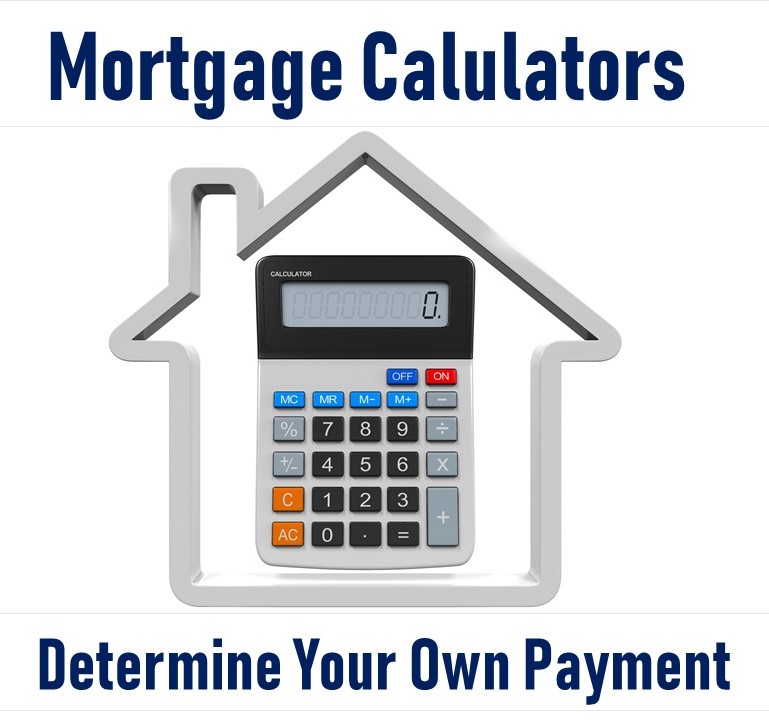GLOSSARY OF TERMS

WE SIMPLIFY YOUR PROPERTY FINANCING PROCESS
We have explained some of the terms you’ll hear throughout your purchase or refinance process.
ABSTRACT (OF TITLE): A summary of the public records relating to the title to a particular piece of land. An attorney or title insurance company reviews an abstract of title to determine whether there are any title defects which must be cleared before a buyer can purchase clear, marketable, and insurable title.
ACCELERATION CLAUSE: Condition in a mortgage that may require the balance of the loan to become due immediately, if regular mortgage payments are not made or for breach of other conditions of the mortgage.
ACCEPTANCE: An offerees consent to enter into a contract and be bound by the terms of the offer.
ADDITIONAL PRINCIPAL PAYMENT: A payment by a borrower of more than the scheduled principal amount due in order to reduce the remaining balance on the loan.
ADJUSTABLE RATE MORTGAGE: A mortgage in which the interest rate is adjusted periodically according to the movement in a pre-selected index.
ADJUSTED BASIS: The original cost of a property plus the value of any capital expenditures for improvements to the property minus any depreciation taken
ADJUSTMENT DATE: The date on which the interest rate changes for an adjustable-rate mortgage (ARM).
ADJUSTMENT INTERVAL: For an adjustable rate mortgage, the time between changes in the interest rate charged. The most common adjustment intervals are one, three, five, seven, or ten years.
ADJUSTMENT PERIOD: The period that elapses between the adjustment dates for an adjustable-rate mortgage (ARM).
AGREEMENT OF SALE: Known by various names, such as contract of purchase, purchase agreement, or sales agreement according to location or jurisdiction. A contract in which a seller agrees to sell and a buyer agrees to buy, under certain specific terms and conditions spelled out in writing and signed by both parties.
AMENITY: A feature of real property that enhances its attractiveness and increases the occupants or users satisfaction although the feature is not essential to the property’s use. Natural amenities include a pleasant or desirable location near water, scenic views of the surrounding area, etc. Human-made amenities include swimming pools, tennis courts, community buildings, and other recreational facilities.
AMORTIZATION: A payment plan, which enables the borrower to reduce his debt gradually through monthly payments of principal.
AMORTIZATION SCHEDULE: A timetable for payment of a mortgage loan. An amortization schedule shows the amount of each payment applied to interest and principal and shows the remaining balance after each payment is made.
AMORTIZATION TERM: The amount of time required to amortize the mortgage loan. The amortization term is expressed as a number of months.
ANNUAL PERCENTAGE RATE (APR): The total yearly cost of a mortgage stated as a percentage of the loan amount: includes the base interest rate, primary mortgage insurance, and loan origination fee (points)
ANNUITY: An amount paid yearly or at other regular intervals, often on a guaranteed dollar basis.
APPLICATION: A form used to apply for a mortgage loan and to record pertinent information concerning a prospective mortgagor and the proposed security.
APPRAISED VALUE: An opinion of a properties fair market value, based on an appraisers knowledge, experience, and analysis of the property.
APPRAISER: A person qualified by education, training, and experience to estimate the value of real property and personal property.
APPRAISAL: A professional opinion of the market value of a property.
APPRECIATION: An increase in the value of a house due to changes in market conditions or other causes.
ASSESSED VALUE: The valuation placed upon property by a public tax assessor for purposes of taxation.
ASSESSMENT: The process of placing a value on property for the strict purpose of taxation. May also refer to a levy against property for a special purpose, such as a sewer assessment.
ASSESSOR: A public official who establishes the value of a property for taxation purposes.
ASSET: Anything of monetary value that is owned by a person. Assets include real property, personal property, and enforceable claims against others (including bank accounts, stocks, mutual funds, and so on).
ASSUMABLE LOAN: These loans may be passed on from a seller of a home to the buyer. The buyer assumes all outstanding payments.
ASSUMPTION CLAUSE: A provision in an assumable mortgage that allows a buyer to assume responsibility for the mortgage from the seller. The loan does not need to be paid in full by the original borrower upon sale or transfer of the property.
ASSUMPTION FEE: The fee paid to a lender (usually by the purchaser of real property) resulting from the assumption of an existing mortgage.
ASSUMPTION OF MORTGAGES: An obligation undertaken by the purchaser of property to be personally liable for payment of an existing mortgage. In an assumption, the purchaser is substituted for the original mortgagor in the mortgage instrument and the original mortgagor is to be released from further liability in the assumption, the mortgagees consent is usually required.
ATTORNEY-IN-FACT: One who holds a power of attorney from another to execute documents on behalf of the grantor of the power. The original mortgagor should always obtain a written release from further liability if he desires to be fully released under the assumption. Failure to obtain such a release renders the original mortgagor liable if the person assuming the mortgage fails to make the monthly payments. An Assumption of Mortgage is often confused with purchasing subject to a mortgage. When one purchases subject to a mortgage, the purchaser agrees to make the monthly mortgage payments on an existing mortgage, but the original mortgagor remains personally liable if the purchaser fails to make the monthly payments. Since the original mortgagor remains liable in the event of default, the mortgagees consent is not required to a sale subject to a mortgage. Both Assumption of Mortgage and Purchasing Subject to a Mortgage are used to finance the sale of property. They may also be used when a mortgagor is in financial difficulty and desires to sell the property to avoid foreclosure.






